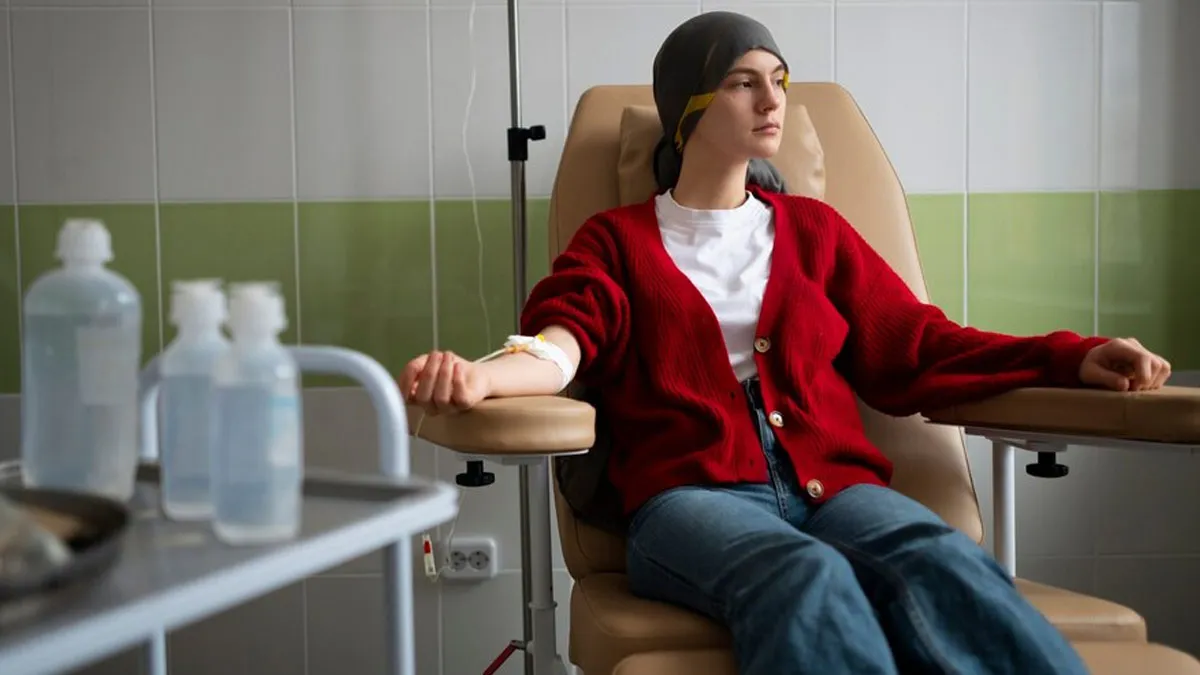
Chemotherapy is a type of treatment to kill or contain the growth of cancer cells. The drug is intended to cure, treat, or lower the chances of cancer returning. However, unfortunately, chemotherapy drugs cannot distinguish between healthy and cancerous cells. Some of these can impact healthy cells in the brain, causing something called chemo brain or chemo fog. Our experts share some more on this.
As per Ms. Vaishali Arora, a clinical psychologist at Lissun, a mental health platform, chemobrain or chemo fog is a set of cognitive impairments that people experience during or after cancer. "They may have trouble remembering things, focusing, finishing tasks, or learning something new," she says.
Dr. Priya Tiwari, head of the medical oncology department at Artemis Hospitals, adds, "The patient will have memory lapses, concentration problems, and mental fogginess, making everyday life challenging."
While the exact reason for chemo brain or chemo fog remains unknown, "research indicates that chemotherapy interferes with the way the brain functions by altering neural pathways and interfering with healthy brain cells," adds Dr. Tiwari.
As mentioned earlier, chemotherapy drugs cannot differentiate between healthy and cancerous cells, so many times, they impact healthy cells in the brain, "particularly those that control memory and cognitive functions. These effects are usually worsened by stress, fatigue, and hormonal changes brought about by the cancer treatment," the doctor mentions.
Don't Miss: World Cancer Day 2025: Breaking Common Myths About The Debilitating Disease
According to Ms. Arora, patients often experience a range of cognitive difficulties, including:
As for the psychological impact of chemo brain, it can severely affect a person's emotional well-being, says Ms. Arora. She adds, "Many individuals experience frustration, embarrassment, or self-doubt as they struggle with tasks they previously managed with ease. Anxiety and depression may arise due to concerns about permanent cognitive decline or the impact on professional and personal life."
Many others may isolate themselves and withdraw from social interactions "out of fear of making mistakes in conversations. Patients who once prided themselves on their intelligence or efficiency may struggle with a diminished sense of identity," she highlights.
According to Ms. Arora and Dr. Tiwari, a person having chemo brain can take the following steps to tackle the situation:
"It is very important for chemotherapy patients to express any cognitive concerns they have with the doctor. Supportive care improves the quality of life, especially during and after receiving their treatments," wraps up Dr. Tiwari.
Don't Miss: World Cancer Day 2025: How Does Cancer Affect Different Age Groups? Oncologists Provide Insights
If you liked this story, please share it. For more such articles, stay tuned to HerZindagi.
Our aim is to provide accurate, safe and expert verified information through our articles and social media handles. The remedies, advice and tips mentioned here are for general information only. Please consult your expert before trying any kind of health, beauty, life hacks or astrology related tips. For any feedback or complaint, contact us at [email protected].